10 Things You Should Know about Moving the U.S. Embassy in Israel to Jerusalem

Photo courtesy: ©Thinkstock/silverjohn
1. Where is the Embassy now?
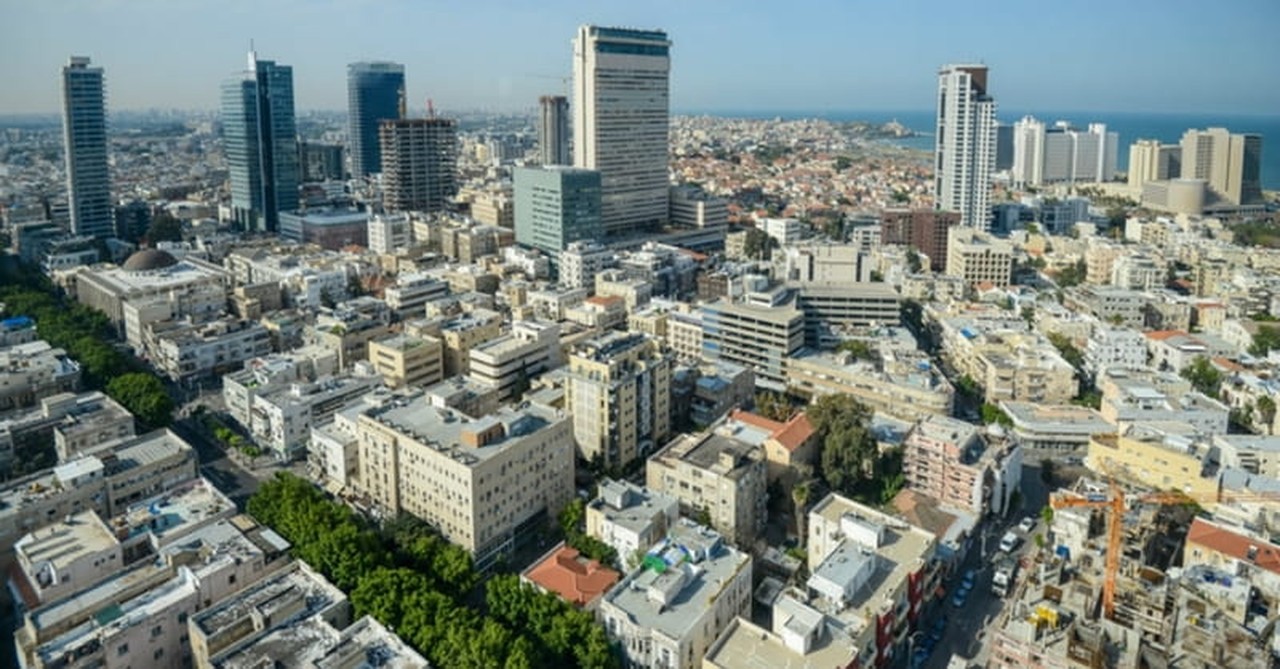
1. Where is the Embassy now?
SLIDE 1 OF 10
The U.S. Embassy in Israel is currently in the city of Tel Aviv, a major city on Isreal's Mediterranean coastline. Tel Aviv is Israel's second largest city, and the U.S. Embassy has been located there since 1966.
Photo courtesy: ©Thinkstock/Agrimov
2. Why do Jews/many Americans want the U.S. Embassy moved to Jerusalem?

2. Why do Jews/many Americans want the U.S. Embassy moved to Jerusalem?
SLIDE 2 OF 10
Many Jews (and Americans) view Jerusalem as Israel's "eternal capital." The city of Jerusalem has ancient significance for Jewish people. In 1949, a little over a year into Israel's nationhood, then Prime Minister David Ben-Gurion declared, "There has always been and always will be one capital only — Jerusalem the eternal. Thus it was 3,000 years ago — and thus it will be, we believe, until the end of time."
Photo courtesy: ©Thinkstock/Xantana
3. Why is the Embassy move so controversial?
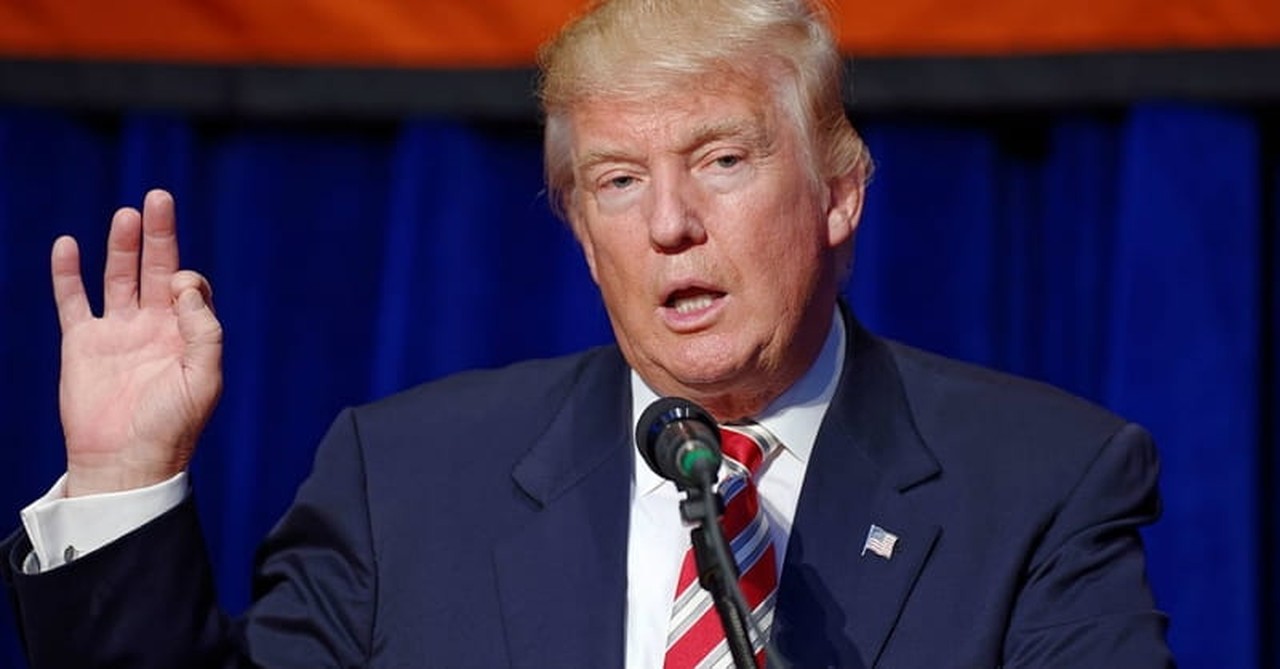
3. Why is the Embassy move so controversial?
SLIDE 3 OF 10
Since Israel's founding, and even before that, going back to biblical times, the Middle East has been an unstable area of shifting powers. Both Palestinians and Israelis claim Jerusalem and have clashed over which group has true ties to the city for centuries.
It would also be especially controversial for President Trump to move the Embassy because previous presidents have declined to do so, citing the instability it could cause in the region and in the city itself.
Photo courtesy: Wikipedia
4. How long would it take to move the Embassy?

4. How long would it take to move the Embassy?
SLIDE 4 OF 10
Although President Trump often promised to move the U.S. Embassy in Israel to Jerusalem in his campaign, his administration has delayed this move for now, but they say they will be moving the Embassy soon. Even after this announcement is made, however, it will take up to three to four years for the move to actually take place.
Photo courtesy: ©Thinkstock/Jacek Sopotnicki
5. What does recognizing Jerusalem mean for the Embassy move?
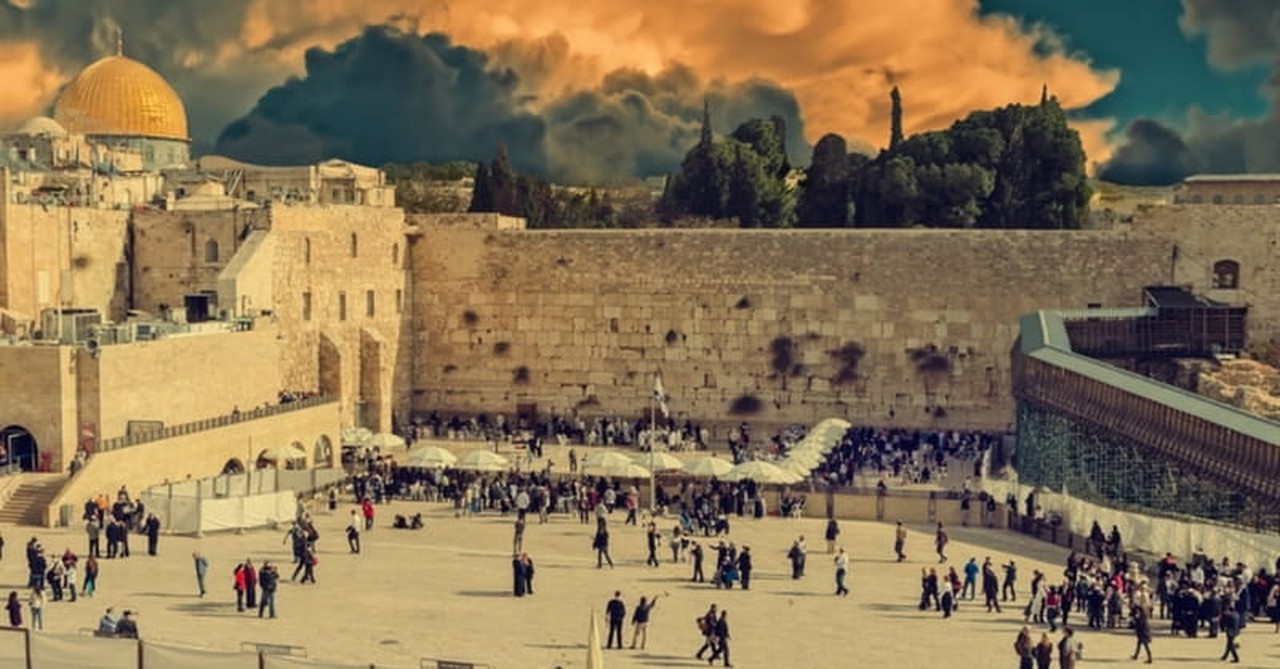
5. What does recognizing Jerusalem mean for the Embassy move?
SLIDE 5 OF 10
Of course, President Trump's recent announcement that the U.S. is recognizing Jerusalem as the capital of Israel is widely seen as setting the stage for the Embassy move. It is a significant way for the President to show that he is serious about his support for Isreal.
Recently, at a ceremony commemorating Israel's 70 years of nationhood, Vice President Mike Pence stated, "President Trump is actively considering when and how to move the American embassy. [The United States] stands with Israel because her cause is our cause, her values are our values and her fight is our fight.”
Photo courtesy: ©Thinkstock/gorsh13
6. Will the move actually help achieve peace in the region?

6. Will the move actually help achieve peace in the region?
SLIDE 6 OF 10
This, of course, is a loaded question which diplomats, world leaders, and experts have been debating for decades. After President Trump's announced that the U.S. will recognize Jerusalem as Israel's capital, there has been widespread rioting and violence from many in the Arab community, but whether a stronger U.S. policy regarding support for Isreal may help to stabilize the region remains to be seen.
Photo courtesy:©Thinkstock/rrodrickbeiler
7. Do other world leaders support moving the Embassy to Jerusalem?
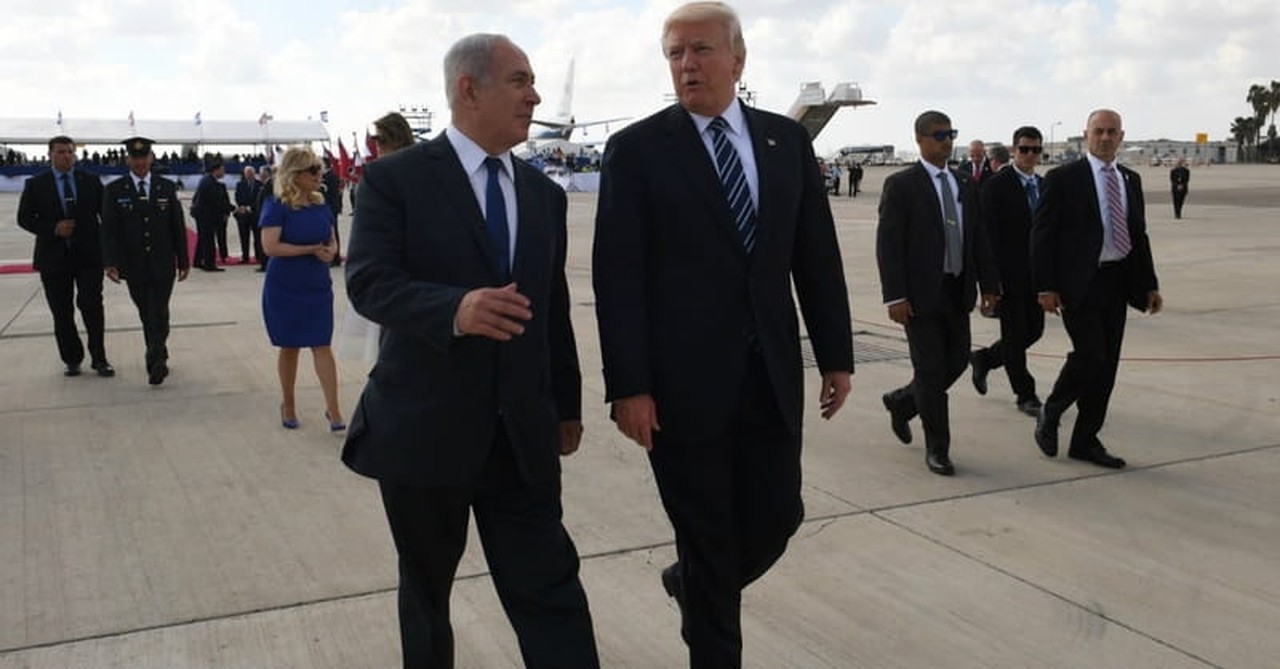
7. Do other world leaders support moving the Embassy to Jerusalem?
SLIDE 7 OF 10
As you might expect, Israeli President Benjamin Netanyahu supports moving the U.S. Embassy to Jerusalem. He has encouraged President Trump to this end and has already praised the U.S. President for recognizing Jerusalem as Israel's capital.
Other world leaders are not so supportive of this move, however. French President Emmanuel Macron, Turkish President Recep Tayyip Erdogan, and Palestinian President Mahmoud Abbas have all warned Trump about moving the Embassy.
Photo courtesy: Getty Images
8. Have any other nations ever had their embassies in Jerusalem?

8. Have any other nations ever had their embassies in Jerusalem?
SLIDE 8 OF 10
Yes, several countries have had their embassies in Jerusalem, including the Netherlands and Costa Rica. However, in 1980, Israel declared Jerusalem the united capital of Israel. This declaration was opposed by the United Nations Security Council, which in turn caused most countries to move their embassies out of Jerusalem. Costa Rica and El Salvador were reportedly the last countries to do so, in 2006.
Photo courtesy: ©Thinkstock/MatthewBrosseau
9. What steps have been taken in the past to move the U.S. Embassy to Jerusalem?
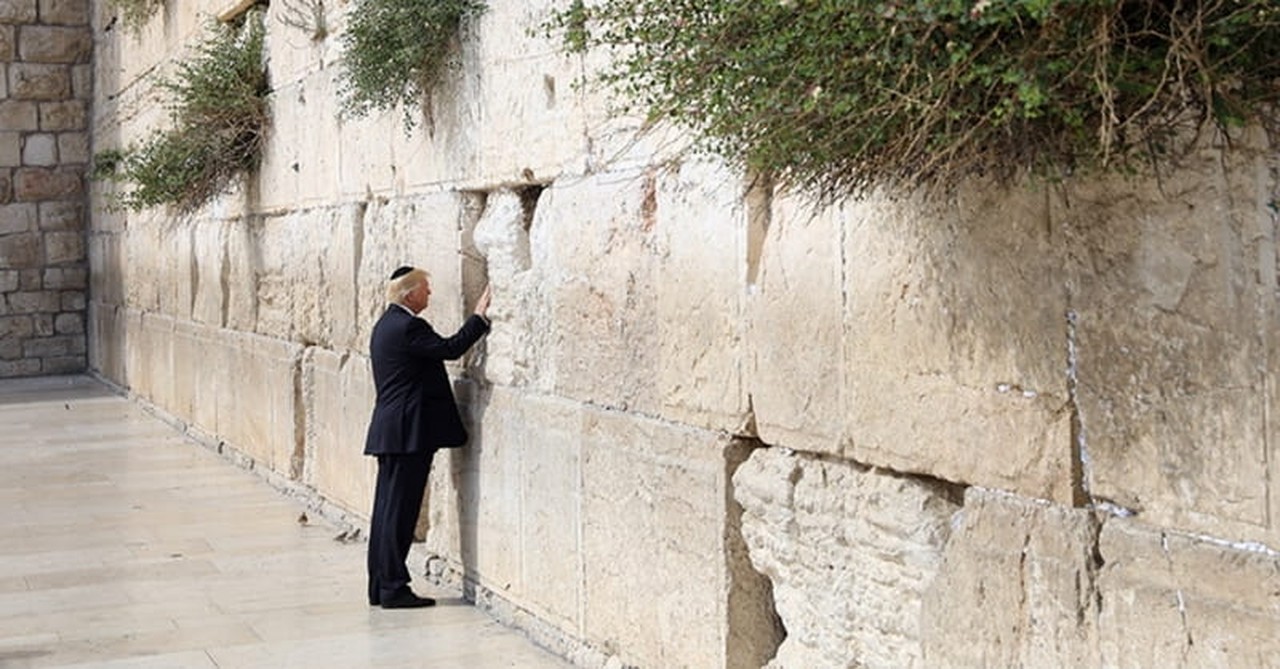
9. What steps have been taken in the past to move the U.S. Embassy to Jerusalem?
SLIDE 9 OF 10
In 1989 Israel actually began leasing a plot of land in Jerusalem to the U.S. as the future spot for the U.S.'s Embassy in the city. The lease was good for 99 years, but up till now the plot of land has not been developed. The U.S. Congress has even passed a law requiring the U.S. to move the embassy to Jerusalem, but previous presidents before Trump have said that the national security risks posed by moving the embassy were too great.
Photo courtesy: Religion News Service
10. What should we be watching for next?
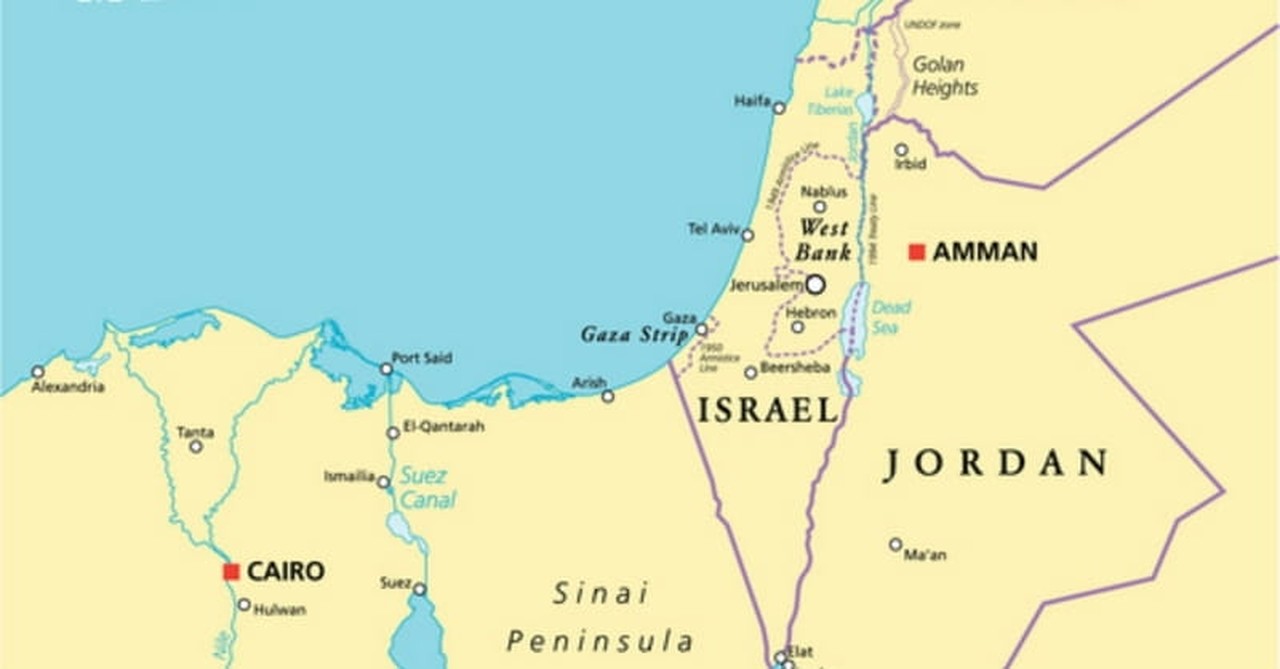
10. What should we be watching for next?
SLIDE 10 OF 10
Following President Trump's announcement that the U.S. will recognize Jerusalem as Israel's capital, the possibility that the U.S. will also move its Embassy seems much more likely. Be watching for steps in this direction and also keep an eye on the rest of the world's response to such a move.
Photo courtesy: ©Thinkstock/PeterHermesFurian
Publication date: December 11, 2017
Originally published December 07, 2017.








